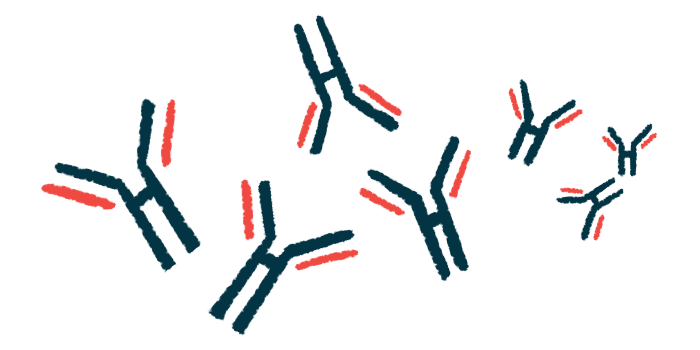aHUS caused by lymphoma resolves after successful cancer treatment
In this cancer, B-cell growth can lead to antibodies against healthy tissues
Written by |

A woman in Italy developed atypical hemolytic uremic syndrome (aHUS) as a result of a blood cancer, which resolved after the cancer was brought into remission, a case study shows.
The report, “Marginal zone lymphoma with anti-factor H IgM and atypical hemolytic uremic syndrome successfully treated with odronextamab,” was published in Haematologica.
aHUS is a rare disease wherein part of the immune system called the complement cascade becomes overactive, leading to inflammation and clots forming in small blood vessels, which can damage organs, particularly the kidneys.
Often, people with aHUS have mutations in genes that regulate the activity of the complement cascade and set the stage for the disease to develop. In some cases, it develops because antibodies are produced that target proteins that regulate the activity of the complement cascade, leading to its abnormal activation. Antibodies are Y-shaped proteins that normally help defend against infections. Antibodies that target healthy tissues, called autoantibodies, can drive autoimmune diseases.
Marginal zone lymphoma is a type of blood cancer marked by the uncontrolled growth of B-cells, the immune cells mainly responsible for producing antibodies. The uncontrolled growth of B-cells in this type of cancer can lead to autoantibodies being produced that erroneously target healthy tissues. If the self-targeting antibodies lead to the excessive activation of the complement cascade, it can cause aHUS.
Diagnosing aHUS
In this case, the woman was in her late 30s when she was diagnosed with marginal zone lymphoma and, for more than a decade, underwent several rounds of treatment to keep the cancer in check, though none of them fully eradicated the disease.
When she was in her early 50s, she began having unexplained fatigue, fever, and fluid retention, and showed signs of kidney dysfunction. Tests showed low red blood cell and platelet counts, which, paired with kidney impairment, is characteristic of aHUS.
Additional diagnostic testing revealed high levels of antibodies that target a regulatory complement protein called factor H (FH) and are known to trigger aHUS, confirming a diagnosis.
The woman began treatment with the approved aHUS therapy Soliris (eculizumab), which led to a rapid recovery in kidney function and blood cell counts. Within six months, she was no longer showing any signs of active aHUS.
After her condition was brought under control, the woman started a new cancer therapy called odronextamab (marketed as Ordspono in Europe), which brought her cancer into remission. After that, lab tests showed a substantial decrease in autoantibodies targeting FH. The woman stopped Soliris and was monitored for any signs of an aHUS relapse, but there were none.
“Treatment with odronextamab not only induced a complete remission of the lymphoma, but it also dramatically reduced anti-FH autoantibodies, leading to discontinuing [Soliris] and maintaining normal complement activity markers,” the researchers wrote.






